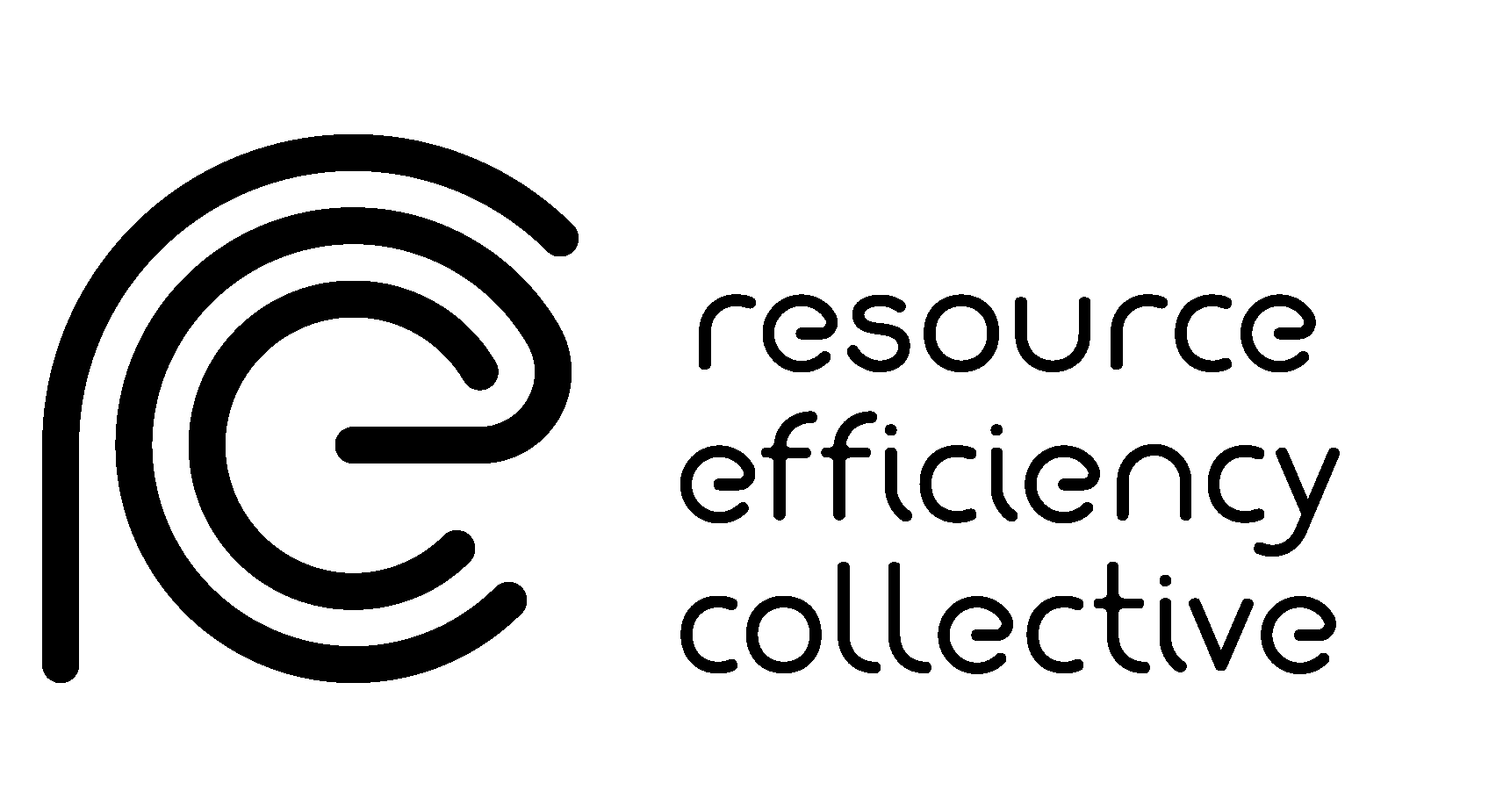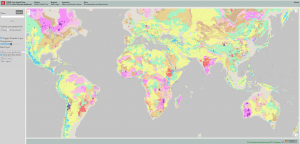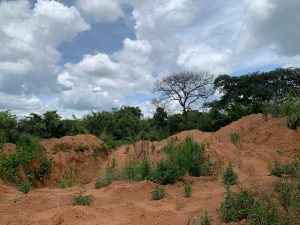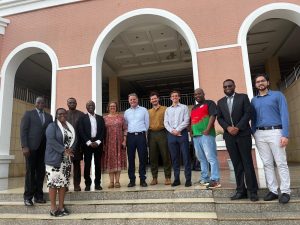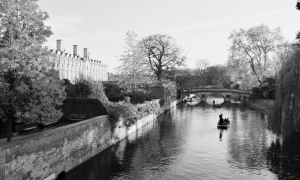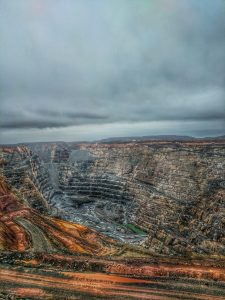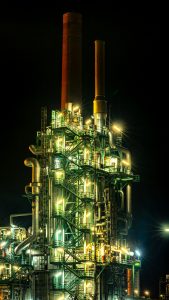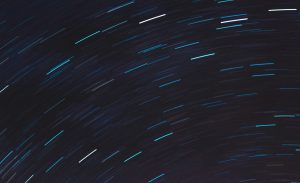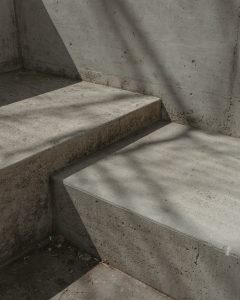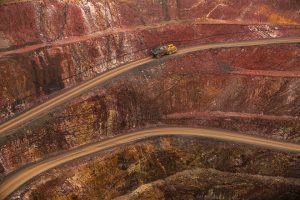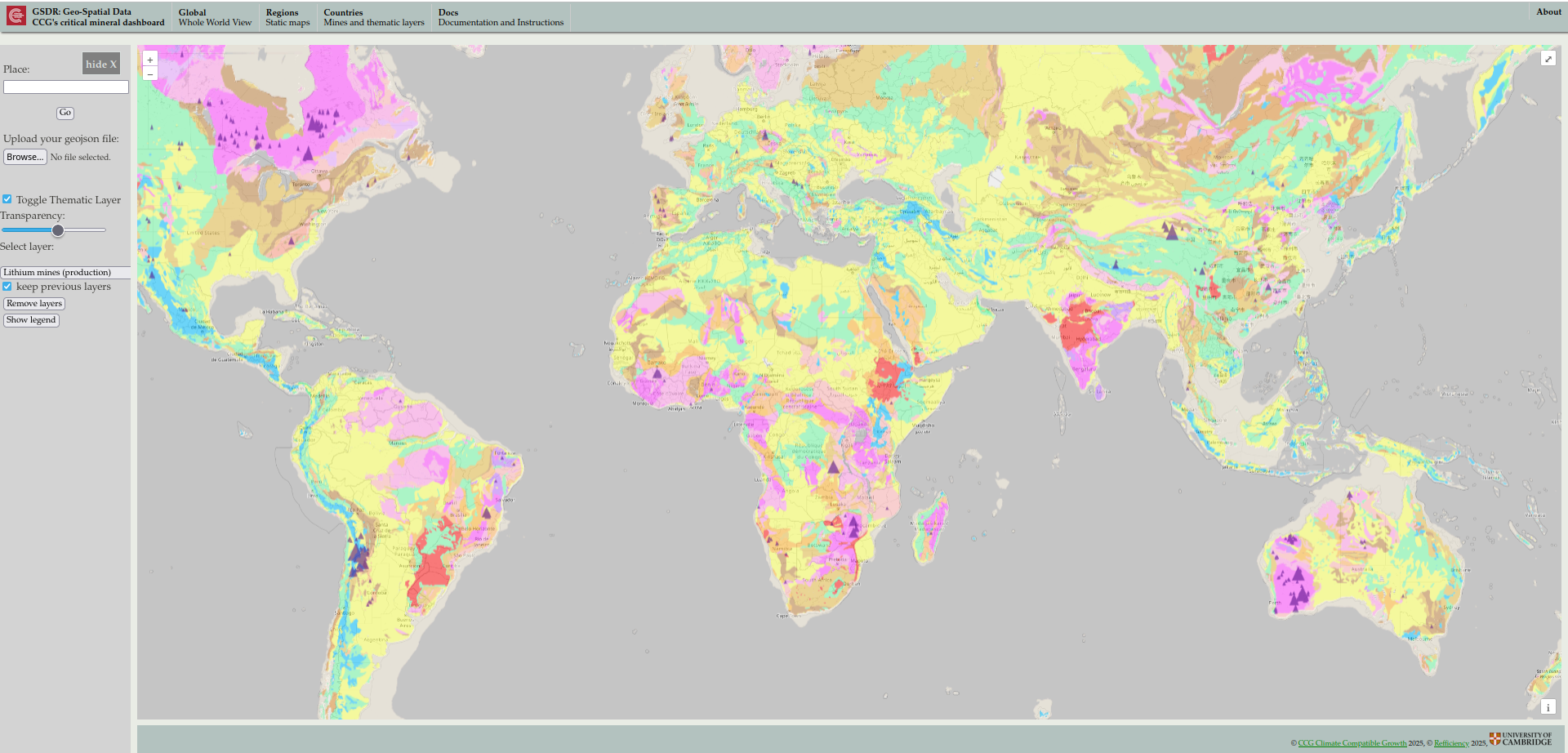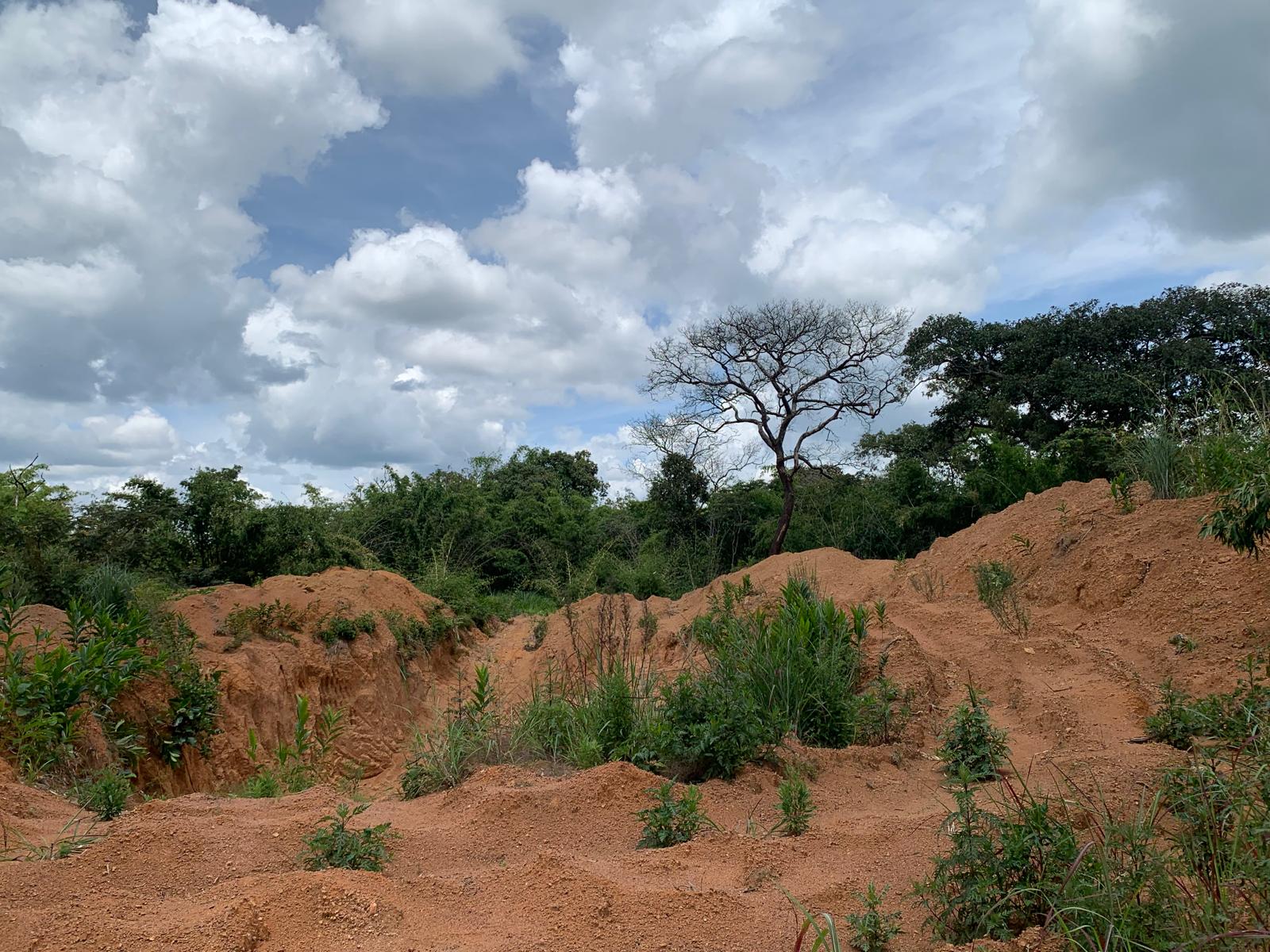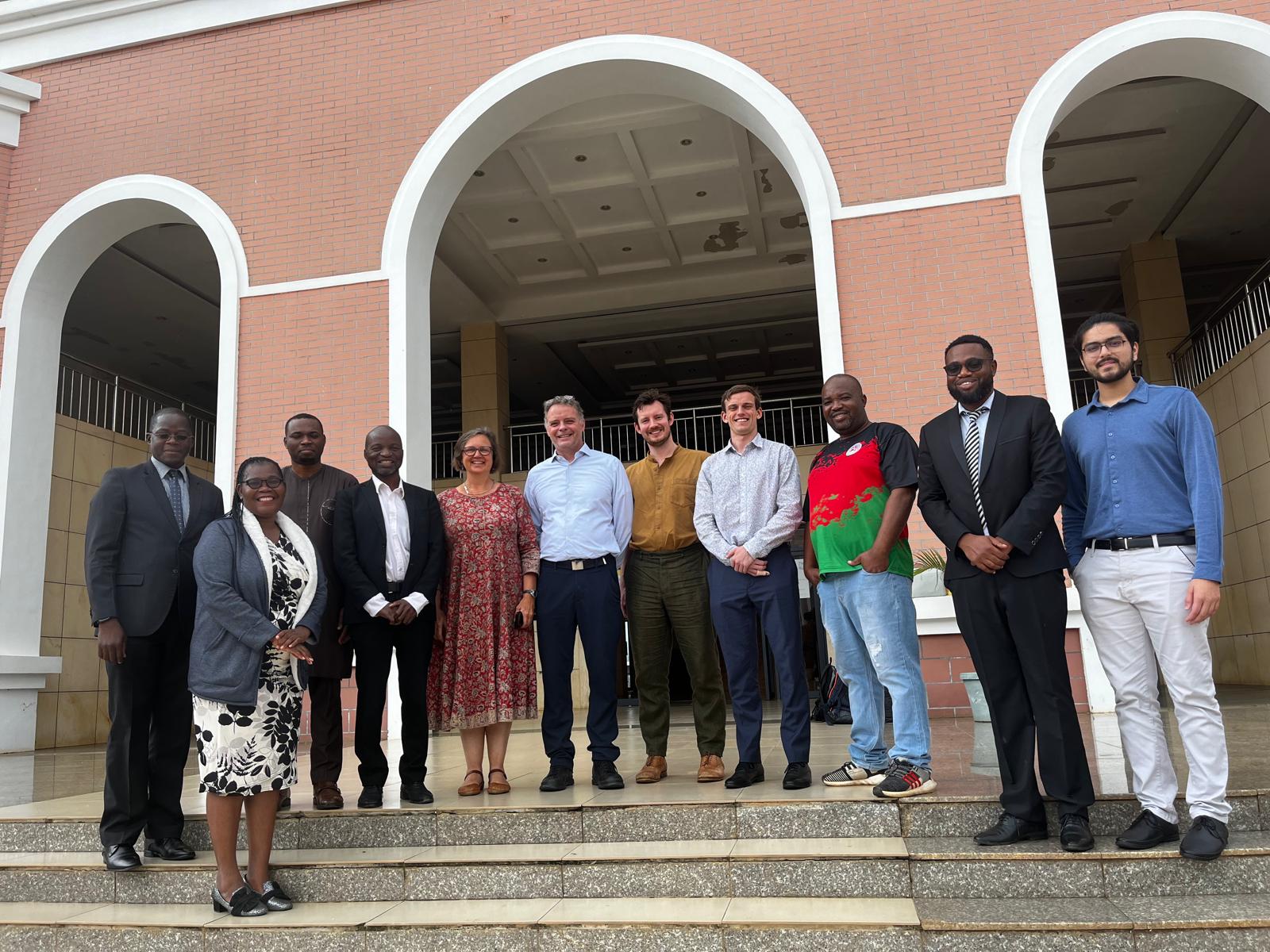Life After a PhD: Leo Paoli
This is the next in a series of posts from former PhD students of Resource Efficiency Collective to explore where they are now, and how their PhDs prepared them for life beyond academia.
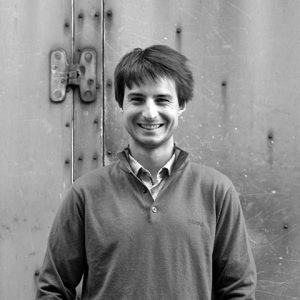
Next up, Leo who completed his PhD in 2019.
Please give a brief summary of your PhD
My research focuses on understanding the potential associated with improvements on energy conversion efficiency as a tool to reduce energy demand and thus GHG emissions. I do this in three steps, first by assessing the quality of current energy-end use statistics by undertaking, for the first time, an uncertainty analysis of energy statistics. Second, I use physical models combined with thorough literature reviews to establish the maximum technically achievable efficiency of each energy conversion route. Third, I estimate the energy saving potential of each conversion technology within the framework of a given climate mitigation pathway.
What is your current role?
I am an Energy Analyst at the International Energy Agency. I keep track of market and technology trends in the field of clean energy technologies with a special focus on transport related technologies. I have contributed to several key IEA (International Energy Agency) publications including the Net-zero by 2050 Roadmap. As of this year I am leading the agency’s work on electric vehicles.
How did your time with Resource Efficiency Collective impact your future?
Working with Jonathan’s team has shaped my career profoundly and many of my fellow PhD candidates are now some of my best friends. I could not be more grateful for my time there. There are three things for which I am especially grateful for:
– The collective’s relaxed working environment has helped me to rapidly demystify the world of academia – formalities and titles are just a cover-up, what matters is high quality and impactful research.
– The very open research environment has allowed me to explore the research avenues that I deemed most interesting and thus gave me confidence that my ideas were worthy.
– The opportunity to often work on small consulting projects on the collective’s research expertise has been invaluable. It has taught me to balance quality of analysis with time constraints and to focus the work on the client’s needs. It has also made me learn that I prefer consulting-like work, rather than purely academic work.
How did your PhD prepare you for your current role? Are there any skills learned during your PhD which help you in your role today?
The PhD has been crucial in helping in my previous and current role. I would like to highlight three skills:
– At Cambridge I have had the time to study and understand in detail the energy system and related CO2 emissions.
– The momentous task of singlehandedly writing a thesis dwarfs any writing and analysis task I have encountered afterwards, thus providing me with the confidence that I would be able to deliver on what was asked for.
– During the PhD I have learned to read and extract useful information from scientific articles. This ability to rapidly scan through the available scientific literature on a topic has often helped in my work as an analyst.
What advice would you give to someone who is on the final stretch of their PhD?
I remember thinking that getting to the end of the thesis would be an impossible task. The trick is to stay calm and tackle one problem at a time and continuously advance the work. No barrier or issue is insurmountable if approached with a strong will. Your efforts will be repaid, having finished a PhD is seen with respect by many co-workers.
Find Leo on LinkedIn here
Read other posts from our Life After a PhD series
Photo credit: Christopher Burns
